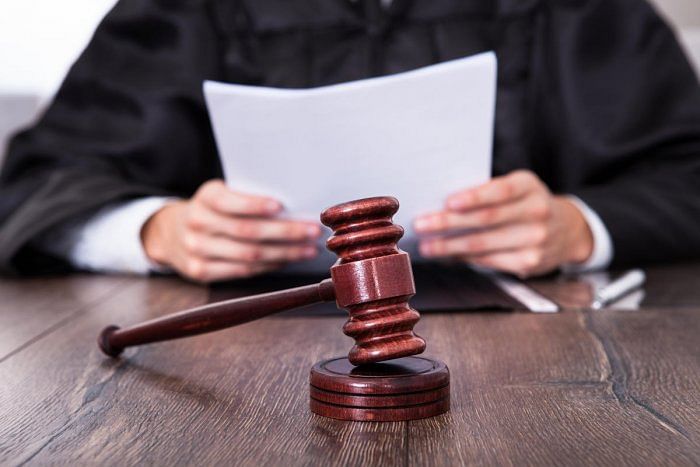
The Karnataka high court has declined to interfere with the proceedings against steel major JSW Steel Limited and its officers in connection with a money-laundering case arising out of an illegal mining scam involving Obulapuram Mining Company Private Limited (OMC), owned by former minister G Janardhana Reddy.
The petitions had challenged the Enforcement Case Information Report (ECIR) filed by the Enforcement Directorate (ED) in 2012, the order passed by the Special Court taking cognizance and issuing summons.
The company had entered into a contract with OMC in 2009 for the supply of 1.5 million tonnes of iron ore, fines and lumps to its plant in Vijayanagar. In 2013, the CBI filed a supplementary charge sheet in the illegal mining case, in which the name of JSW figured and subsequently the ED initiated investigation under Prevention of Money Laundering (PML) Act.
The petitioner contended that in 2017, a division bench of the Karnataka High Court had quashed the action initiated by the ED against Janardhana Reddy and his wife Lakshmi Aruna on the ground that the provisions of PML Act do not have a retrospective effect. The order said that on the date of contract entered into between JSW and OMC, the offence so alleged was not an offence that was enumerated in the Act. “What is quashed by this court is the entire ECIR pursuant to which, the supplementary report is filed by the ED in which the name of the petitioner figures. When the foundation itself has gone, the superstructure cannot remain,” the company contended.
The ED argued that the apex court had admitted an appeal against this order, but did not stay it. However, the apex court has directed that it shall not be treated as a precedent which would clearly indicate that the petitioner cannot draw any benefit from the order passed by the division bench.
Justice M Nagaprasanna said that if a matter pending before the apex court is considered it would be violative of judicial discipline. Citing apex court order, the bench said that the courts are bound by the doctrine of judicial discipline having regard to the hierarchical system prevailing in the
country.
Declining to interfere with the order passed by the special court judge, the bench said, “In my considered view, the order taking cognizance by the Special Judge does bear application of mind and the fact that the report is filed by a public servant cannot be ignored, as filing of a false report or a wrong report, the public servant becomes accountable for the same and liable for action to be taken against him.”